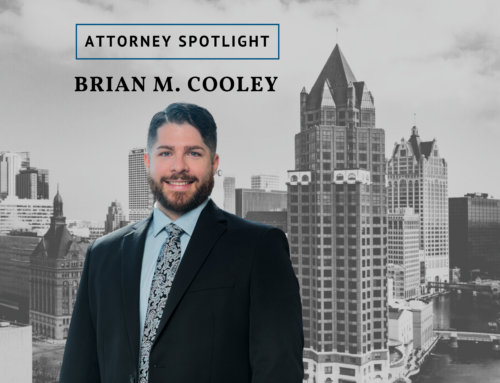Brian C. Tokarz
In Ewing Construction Co. v. Amerisure Insurance Co., the construction company (“Ewing”) was hired by a school district to be the general contractor on a project to renovate a school, including the construction of tennis courts. Shortly after completion, the tennis courts started flaking, crumbling and cracking such that they were unusable. The school district sued Ewing for breach of contract and negligence. Ewing tendered defense of the lawsuit to its liability insurer, Amerisure Insurance Company (“Amerisure”), which denied coverage on the basis of the contractual liability exclusion. Ewing then sued Amerisure for a declaration that it breached its duty to defend Ewing against the school district’s lawsuit. Unlike the classic situation where a subcontractor seeks coverage from its own insurer for the subcontractor’s contractual assumption of the general contractor’s liability, Ewing presents the unique situation where the general contractor assumes its own liability in a contract with the owner.
The trial court held that the contractual liability exclusion excluded coverage because Ewing agreed to assume liability for its own deficient construction work under its contract with the school district. Ewing appealed the decision and the Fifth Circuit certified the question to the Texas Supreme Court.
The contractual liability exclusion at issue excluded claims for damages based on an insured’s assumption of contractual liability except in two instances: (1) where the insured’s liability for damages would exist absent the contract and (2) where the contract is an “insured contract.” Relying on the first exception, the supreme court concluded that the exclusion did not apply. Specifically, the court reasoned that Ewing’s agreement to construct the tennis courts in a good and workmanlike manner did not enlarge its obligations beyond the general common-law duty it might have. As a result, the court held that “a general contractor who agrees to perform its construction work in a good and workmanlike manner, without more, does not enlarge its duty to exercise ordinary care in fulfilling its contracts, thus it does not ‘assume liability’ for damages arising out of its defective work so as to trigger the Contractual Liability Exclusion.”
The court did not address whether any other exclusions contained in the policy would apply to bar coverage for the school’s claims against Ewing (e.g., business risk exclusions that typically exclude coverage for damage to the insured’s own work).
The information contained herein is not intended as and should not be construed as legal advice. Please consult with legal counsel before taking any action based on this information.






